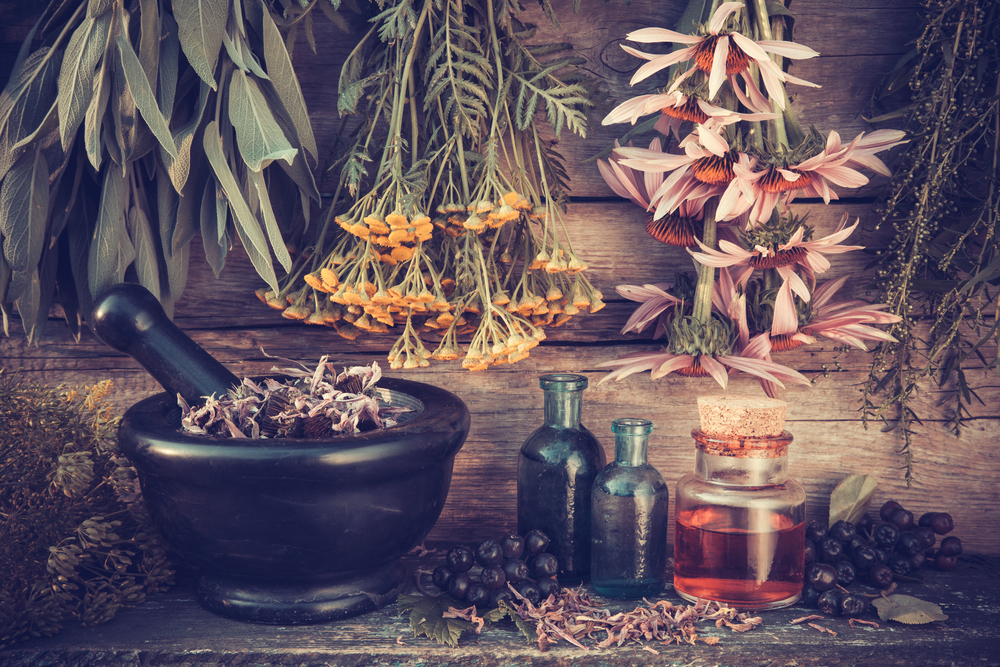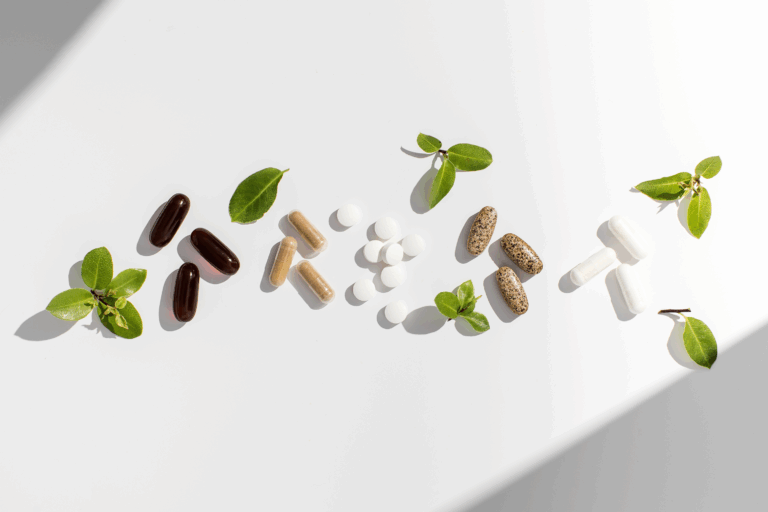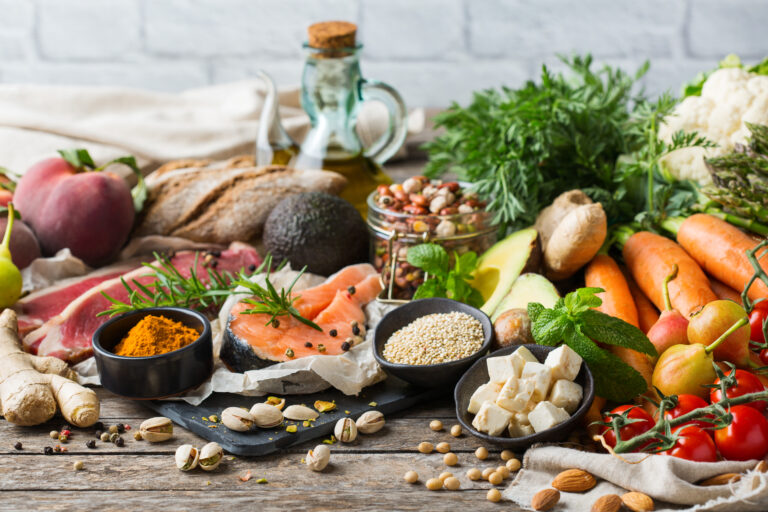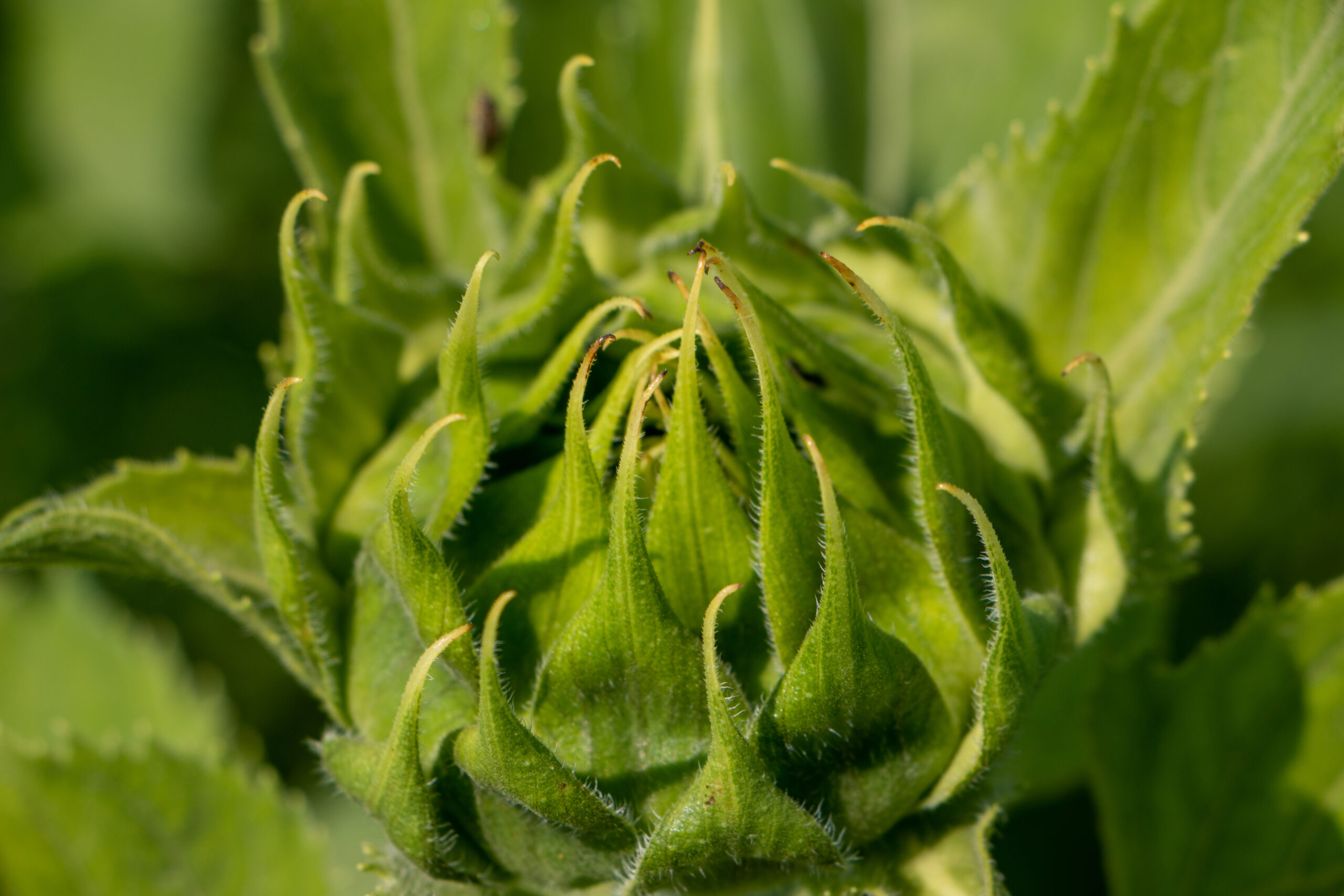Four Must-Have Herbs for Your Practice
About this Episode
One of the most advantageous qualities of medicinal herbs is their versatility. In this podcast episode, our host Daina Parent, ND, talks with naturopath, herbalist, and acupuncturist Laurence Katsaras about the four herbs he considers essential for any herbalist or practitioner incorporating medicinal herbs in their clinical practice. What do these herbs have in common? Their applications are broad, and their medicinal effects are potent.
- Echinacea (02:58)
- Astragalus (20:20)
- Ashwagandha (29:48)
- John’s Wort (38:47)
Echinacea
Echinacea is a medicinal herb well-known for priming the immune system. Both Echinacea angustifolia and Echinacea purpurea contain high levels of alkylamides, the bioactive constituents for which this plant is most famous. Laurence particularly recommends echinacea in cases of recurring infections and/or in cases of immune compromise. Echinacea might be especially effective for viral and bacterial infections, including acute and chronic respiratory infections (12:16). Echinacea might also be useful in the context of autoimmunity; as an immune modulator, echinacea has been shown to be beneficial in this case (14:06). Additionally, Laurence points out that it is a misconception that echinacea stimulates the immune system; rather, echinacea modulates the immune system, and studies have shown that it doesn’t stimulate the immune system if there is no immunological challenge.
Astragalus
Astragalus is another medicinal herb known for its impact on the immune system. Echinacea and astragalus are often combined to support immunity (18:47). As Laurence explains, this combination works best in cases of chronic lowered immunity, such as recurring infections, post-viral fatigue, and immune compromise due to stress. The adaptogenic effects of astragalus paired well with the herb’s immune supporting effects. In many cases a positive impact can be observed within two weeks of use. However, acute infections may not be the best use case for astragalus (26:22).
Astragalus also has a strong connection to traditional Chinese medicine (TCM). From a traditional perspective, Astragalus tonifies the defensive Qi, which is the Qi that protects the body from pathogenic invasion and would be likened to a component of the immune system.
Ashwagandha
Ashwagandha is a popular medicinal herb with nourish actions for the “wired and tired” individual (34:37). Laurence describes Ashwagandha’s ability to strengthen “heat shock” proteins that help cells in the body function more efficiently. Ashwagandha is a highly revered herb in Ayurvedic medicine with its traditional uses dating back more than 3000 years. It’s classified as a rasayana herb as it promotes physical and mental health.
In addition to being applicable in many clinical contexts, Ashwagandha also has a dependable safety profile. Laurence notes that the main case where he wouldn’t use Ashwagandha would be in combination with immunosuppressant medication.
St. John’s Wort
St. John’s Wort is a medicinal herb likely most famous for its use in mental and emotional health, but Laurence is quick to explain that its applications reach beyond mood support. This herb is calming especially for individuals with heightened senses. St. John’s Wort might also work well in combination with echinacea and astragalus in cases of recuperation following a viral infection (49:30).
- Bone, K.M., Mills, S.Y. (2013). Principles and Practice of Phytotherapy: Modern Herbal Medicine. 2nd edition.
- Zhai, Z., Liu, Y., Wu, L., et al. (2007). Enhancement of innate and adaptive immune functions by multiple Echinacea species. J Med Food. 10(3):423-34. doi: 10.1089/jmf.2006.257.
- Gaster, B., Holroyd, J. (200)St John’s wort for depression: a systematic review. Arch Intern Med. 160(2):152-6. doi: 10.1001/archinte.160.2.152.
- Neri, P.G., Stagni, E., Filippello, M., et al. (2006). Oral Echinacea purpurea extract in low-grade, steroid-dependent, autoimmune idiopathic uveitis: a pilot study. J Ocul Pharmacol Ther. 22(6):431-6. doi: 10.1089/jop.2006.22.431.







